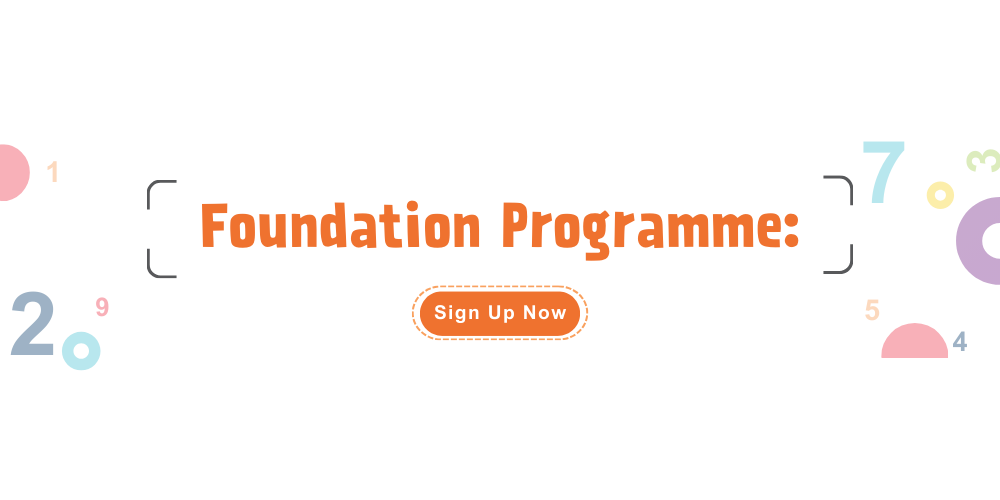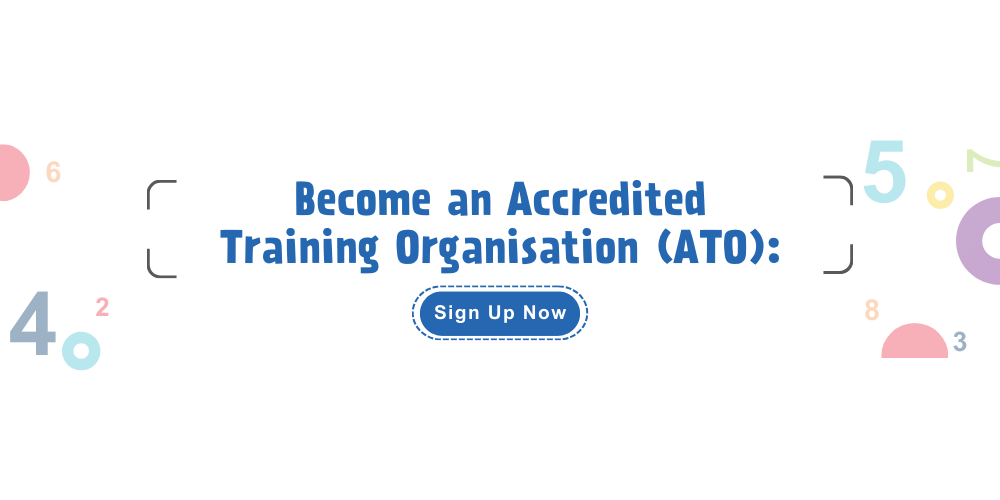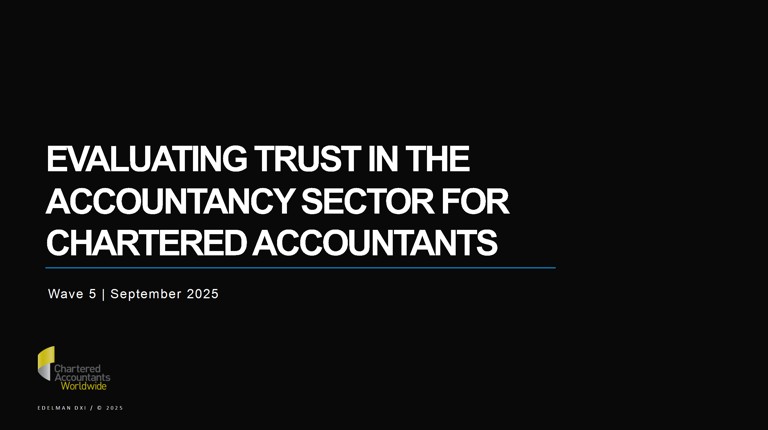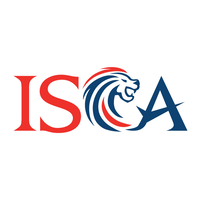ISCA Study: Audit Committees in Singapore Making Progress but Show Signs of Plateauing
- Improvement in compliance towards best practices in corporate governance
- Smaller companies face challenges due to relative lack of resources
- Female Audit Committee membership is still low
Singapore, 2 June 2016 – Audit Committees (ACs) in Singapore today show an improvement in compliance with corporate governance best practices, compared to 2009. However, the rate of improvement over the years is showing signs of plateauing. ACs in smaller companies are also facing greater challenges compared to larger companies due to their relative lack of resources to deal with regulatory requirements.
These are some of the findings from a study by the national accountancy body, the Institute of Singapore Chartered Accountants (ISCA), on the “Profile of Audit Committees of Listed Companies in Singapore”. This is the third study on ACs commissioned by ISCA and conducted by the National University of Singapore (NUS), following previous studies conducted in 2009 and 2011. For the first time, the study includes a new section featuring exclusive one-on-one interviews with selected AC chairmen on their views on issues such as the criteria for selecting AC members.
The study covers the records of 717 listed companies and includes interviews with 18 AC chairmen representing 37 listed companies from across financial and non-financial institutions.
Commenting on the purpose of the study, Mr Ho Tuck Chuen, Chairman of the ISCA Corporate Governance Committee, says “Audit Committees are responsible for the oversight of a company’s financial process, risk management and internal controls.”
“In the current business landscape where regulations are becoming increasingly more stringent, it is important for Audit Committees to adhere to the best practices in corporate governance. The report is therefore timely in that it gives us an understanding of where Audit Committees in Singapore currently stand, and areas that can be improved upon. It also explores the challenges that Audit Committees face.”
The key findings of the study include:
Improvement in Compliance with Corporate Governance Best Practices
ISCA’s study found that the AC landscape in Singapore has seen improvements over the years, in terms of compliance with best practices in corporate governance. Some of the best practices of an effective AC include the activeness of the AC, the expertise of the AC members, and the independence of the AC.
Activeness of the AC
The study shows that the number of individuals holding more than four AC chairmanships in 2015 has dropped to six, compared to 17 in 2009. Likewise, there were two individuals holding more than six AC memberships compared to 21 in 2009. The issue of multiple directorships has always been of interest to corporate governance experts, with some arguing that the more directorships one holds, the less time one can devote to each company.
Another indicator for the activeness of an AC is the frequency of AC meetings. Due to the mandatory quarterly reporting where ACs need to meet and deliberate the recommendations to the Board on the release of quarterly results, most companies’ AC meet on an average of four times a year. According to the study, 78.5% of ACs met four or more times a year in 2015, as compared to 56.3% in 2009. This shows a marked improvement in the activeness of ACs in meeting regularly.
Expertise of the AC members
According to the Corporate Governance Code, at least two members of the AC, including the chairman of the AC, must have the relevant accounting or related financial management expertise or experience. The study found that in 2015, 38.2% of AC chairmen and members possessed full-time experience in accountancy, auditing, banking, finance and investment. This is an increase from previous data of 35.4% and 26.0% collected in 2011 and 2009 respectively.
The study also showed that the percentage of ACs with two or more financially-trained members has increased to 67.6% in 2015, compared to 44.3% in 2011, and 45.8% in 2009.
Through the one-on-one interviews with AC chairs, the study found that most AC chairs agreed that on top of having at least one member well-versed in current financial knowledge, it is also critical to have at least one member of the AC who is knowledgeable about the industry in which the company operates. There was also an emphasis on the need for currency and relevance of the knowledge possessed, rather than past experiences or qualifications.
The study also found that some AC chairmen felt that it may be better to have more than one financial expert in the AC, as it provides another authoritative voice when making important financial decisions.
Independence of ACs
To ensure that ACs are conducting their duties responsibly and fairly, the chairman and its members have to be deemed independent from the company. They should not have any conflicts of interests nor have any significant business relations with the company. Singapore has done well in this aspect, with 98% AC chairmen and members being either independent or non-executive directors in 2009. In 2015, the number has increased slightly to 98.4%.
Furthermore, the number of executive directors in ACs, who hold office positions in companies and therefore are not deemed independent, reduced only slightly over the years, from 1.9% in 2009 to 1.6% in 2015, even though it is recommended by the Corporate Governance Code 2012 to not have executive directors in ACs.
“This could be indicative of ACs in Singapore reaching a plateau in terms of the progress in complying with corporate governance best practices,” said Mr Ho.
Number of Female Members in ACs Still Low
Since the first study in 2009, the percentage of female AC members, including chairmen, had seen a systemic, albeit slow, increase. In 2009, 4.8% of AC chairmen and members are women, and the numbers rose to 7.6% in 2015. Extrapolating from this set of data, it will take another five years for the number to reach 10%.
“While the increase in female AC members is a step in the right direction, the rate of increase is still very slow and companies might not experience the full benefits of women’s participation in leadership ranks soon enough in this complex business environment,” added Mr Ho.
Challenges for ACs of Smaller Companies
Many smaller firms are finding it difficult to keep up with the increasing regulatory requirements. For example, both the Corporate Governance Code 2012 and the Guidelines for Audit Committees require ACs to assess the effectiveness and adequacy of their company’s risk management system, which can lead to more time a resources being spent. This could be a strain to smaller firms already strapped for resources. Some of the AC chairs interviewed were concerned that the additional requirements will result in a ‘box-ticking’ mentality where the AC is more concerned about compliance rather than properly discharging its role and responsibilities in upholding quality financial reporting.
End
For media queries, please contact:
Betsy Tan, Senior Communications Manager
Tel: 6597 5608 / 9641 6920 Email: betsy.tan@isca.org.sg
Shaun Tay, Communications Executive
Tel: 6597 5613/ 9147 7633 Email: shaun.tay@isca.org.sg
About the Institute of Singapore Chartered Accountants
The Institute of Singapore Chartered Accountants (ISCA) is the national accountancy body of Singapore. ISCA’s vision is to be a globally recognised professional accountancy body, bringing value to our members, the profession and wider community. There are over 30,000 ISCA members making their stride in businesses across industries in Singapore and around the world.
Established in 1963, ISCA is an advocate of the interests of the profession. Possessing a Global Mindset, with Asian Insights, ISCA leverages its regional expertise, knowledge, and networks with diverse stakeholders to contribute towards Singapore’s transformation into a global accountancy hub.
ISCA is the Administrator of the Singapore QP and the Designated Entity to confer the Chartered Accountant of Singapore - CA (Singapore) - designation.
ISCA is an Associate of Chartered Accountants Worldwide – supporting, developing and promoting over 325,000 Chartered Accountants in more than 180 countries around the world.
For more information, visit www.isca.org.sg.





.png?sfvrsn=dd675fd5_2)


6a6c7fe2013f4be3b0ecc0a5930da5c9.jpg?sfvrsn=ab5334c8_0)

/business-management-global-connection/istock-1167579720-c.jpg?sfvrsn=ff93f9a5_2)
/audit-assurance/istock-1169206203-c.jpg?sfvrsn=1d6f9b25_6)


/ethics-and-professionalism/istock-1141115724-c.jpg?sfvrsn=4e54d691_2)

/audit-assurance/istock-818732836-c-v3.jpg?sfvrsn=ae44e7b7_0)

.png?sfvrsn=905ee1bd_0)
/legal-secretarial/istock-866706340-c.jpg?sfvrsn=d7f57b8c_2)